Filter by
News announcements (754)
RSS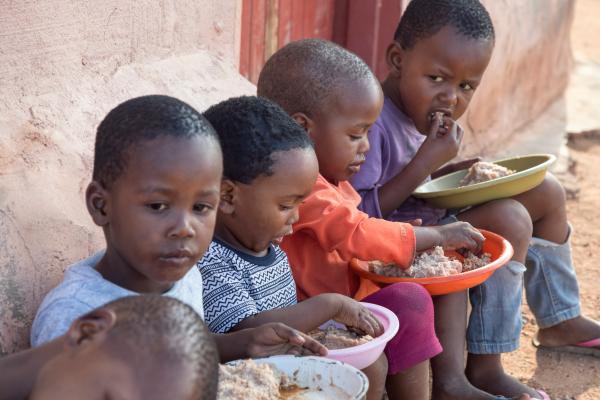
The Global Report on Food Crises identifies conflicts as major driver, and the Gaza Strip food crisis as the worst in eight years.

A harmonised approach is a first step in eventually establishing exposure levels in EU tap water.

First 10 manufacturers commit to develop interoperable connected products within a year.
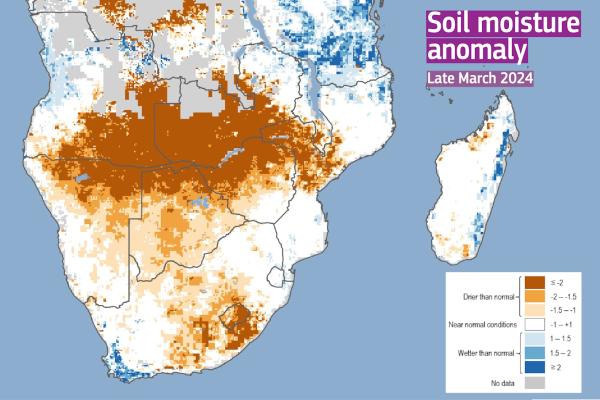
Zimbabwe, Zambia, and Malawi have officially declared state of emergency.
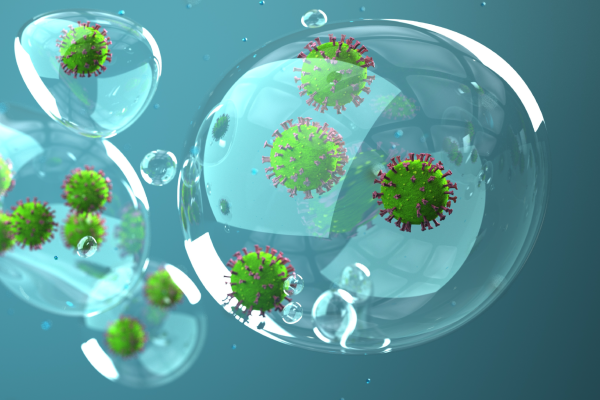
What are the most promising current and emerging technologies when the next airborne disease hits?
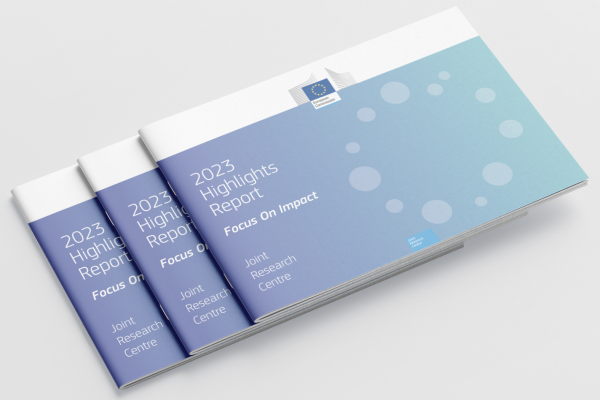
The report provides examples of how the JRC has made a positive impact on policymaking and society in the past year.
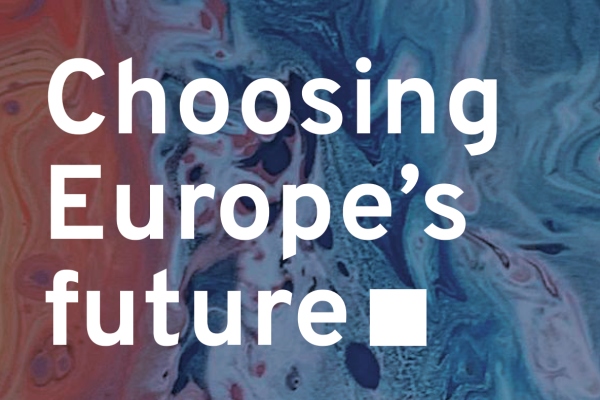
The report analyses 10 key areas ranging from geopolitics, the environment and economics, to technology and social solidarity.
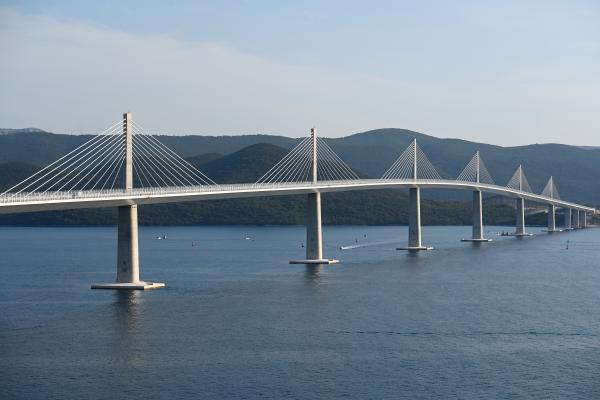
Every euro invested during the 2014-2027 funding programmes will generate additional GDP in the EU.
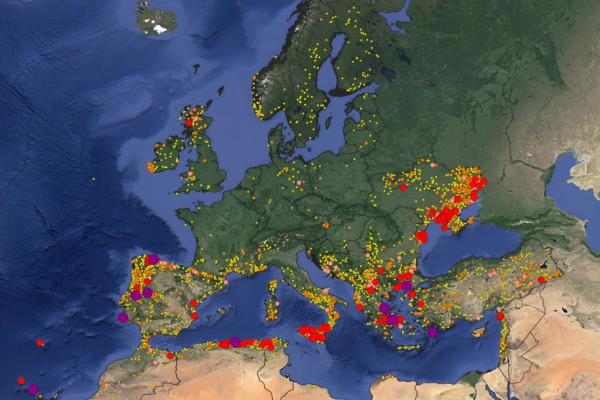
There was a sharp increase in burnt areas in the summer months, mostly affecting the Mediterranean.
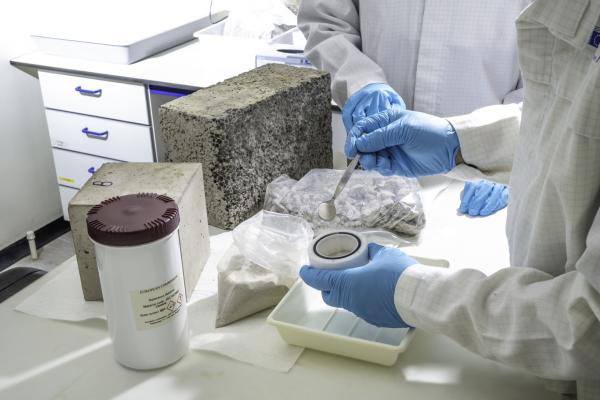
New reference method for safe exposure.
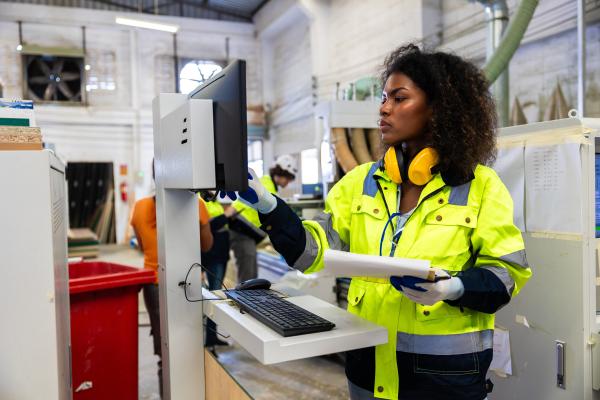
A deep dive into workers’ participation in digital skills training? Findings and implications for policy.

Analysis of patented biotechnology inventions worldwide shows how the EU positions itself compared to the US and China.
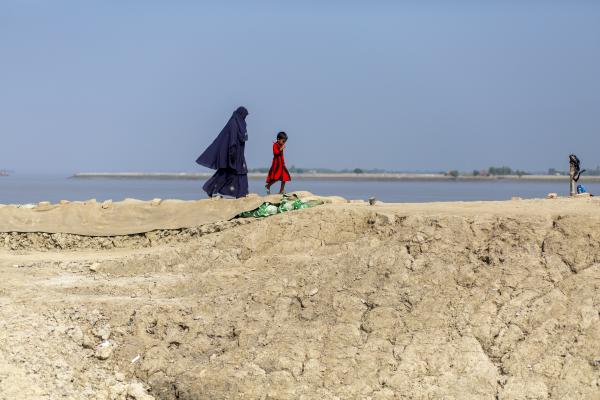
Conflict, political instability and violence have contributed to increased risk. Unchecked climate change will exacerbate the risk of humanitarian crises.
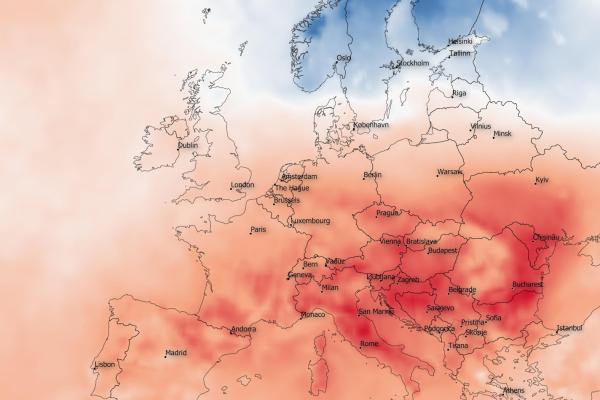
JRC supports European Environment Agency mapping climate risks the EU must prepare for - financial risks are a particular concern.
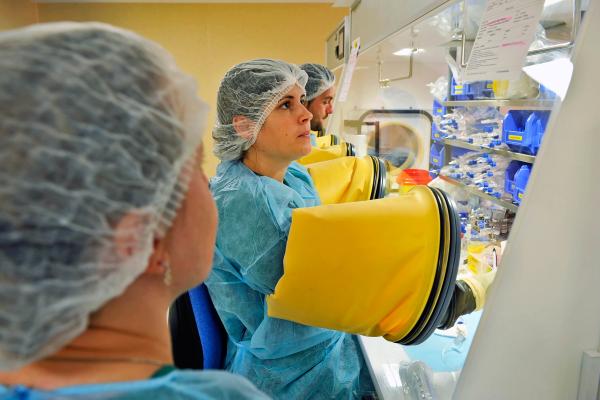
In the 21st century, most newly created jobs were for women, who also benefited more from occupational upgrading. Despite progress, gender gaps in employment and job quality persist.
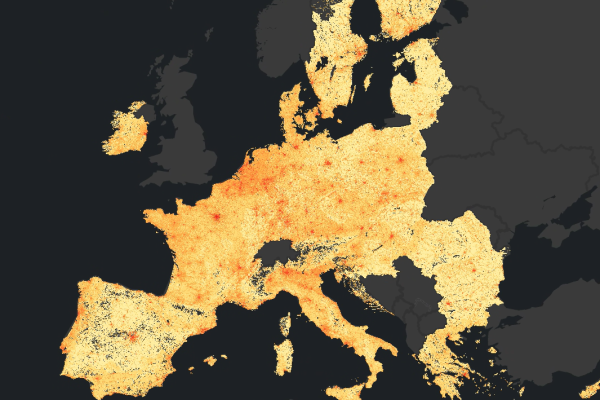
Zooming in on areas as small as 1x1 km, a new atlas provides data on energy demand and looks into energy scenarios until 2050.

What gender inequalities need to be addressed to achieve a just energy transition? Find out in a new JRC report.

Ten upcoming free trade agreements (FTA) will diversify trade sources, thus improve the resilience of EU food supply chains.
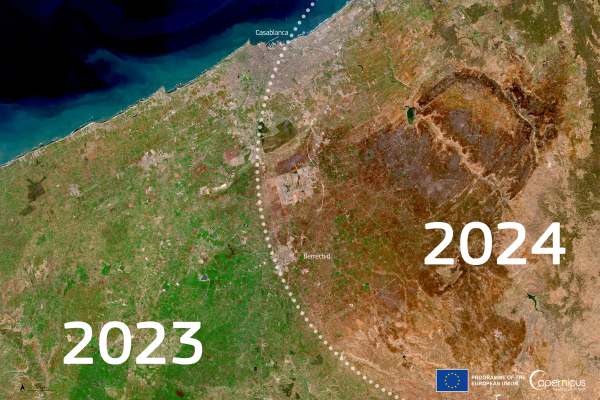
Severe and prolonged drought events have affected Europe for more than two years and northern Africa for six years, causing water shortages and hampering vegetation growth.
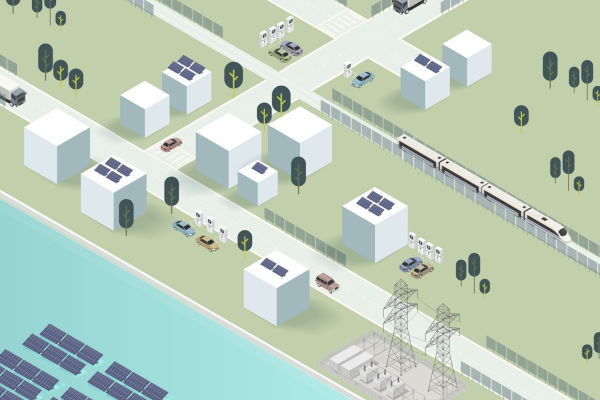
Photovoltaic (PV) on roof and water bodies, and along roads and railways could push EU total installed capacity over 1 TWp.
